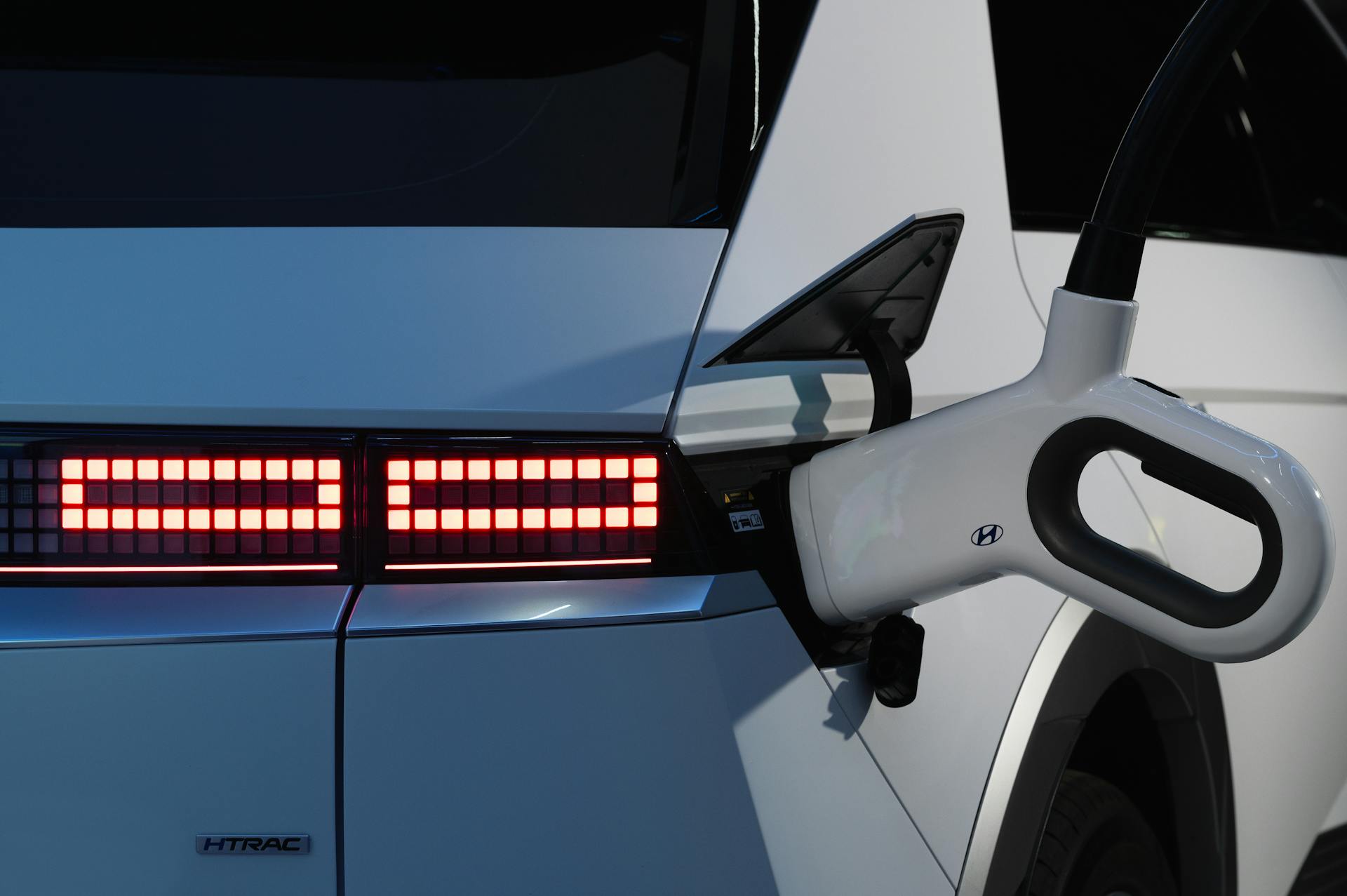As a self-proclaimed car enthusiast, my excitement for electric cars is extensive. While I am still a petrol head I believe daily driving will be electric. I am a member of a WhatsApp group called ‘Car Geeks’ where we revel in anything mechanical. From owning a W12 powerhouse to feeling the exhilaration of a supercharger’s whine, my passion for cars runs deep. And while I acknowledge the inevitable decline of petrol and diesel, I eagerly anticipate the electric future.
In my youth, I dreamt of having my own petrol station tucked under my garage. Now, with electric cars, that dream is a tangible reality, far more feasible than constructing a traditional petrol station. Driving an electric car feels like stepping into the future, offering not just power but also a serene journey amidst our bustling roads. The cost savings are undeniable, with a mere £10 worth of electricity granting a realistic range of 300 miles. Admittedly, electric cars may not suit everyone, especially those without a private driveway. Yet, I remain convinced that battery technology, despite hydrogen’s appeal in certain sectors, will ultimately triumph in the propulsion race.
However, amidst the electric revolution, Tesla, the trailblazer of mainstream electric vehicles, seems to have stumbled into a self-inflicted setback. Despite delivering an impressive 387,000 cars, a commendable feat for any startup, Tesla’s numbers have dipped by 8% compared to last year and by 20% from the previous quarter. This is a reflection of the wider pushback by consumers on adopting electric cars.
Is the UK’s extension of ICE (Internal Combustion Engine) vehicles until 2035 to blame? I doubt it. Rishi Sunak merely aligned our policies with those of continental Europe, rescinding an untenable promise made by Boris Johnson. Car manufacturers across Europe have long recognised the dwindling prospects of traditional engines, persisting with petrol and diesel models only to capitalise on past investments that are soon to be obsolete.
I believe the real blow to electric car sales stems from Tesla’s own missteps, particularly its aggressive price reductions. The successive cuts in 2023 and 2024 have significantly lowered the entry barrier for consumers, but at the expense of early adopters who now witness their car’s resale value plummet. Elon Musk’s hints at further price reductions only exacerbate the uncertainty, dissuading potential buyers from making significant investments.
I’ve witnessed firsthand the fallout of Tesla’s pricing strategy on businesses, with one leasing company collapsing overnight as its asset values evaporated. Tesla’s decision to prioritise headline volume over consumer trust has backfired, eroding confidence in the product and undermining the long-term viability of the electric car market. By redirecting savings towards financing options, Tesla could have made electric cars more accessible without jeopardising consumer confidence.
Despite this setback, there’s a glimmer of hope as electric car sales show signs of recovery. The silver lining lies in the newfound affordability, opening doors for those previously deterred by high prices. The used electric car market, in particular, presents enticing opportunities, with vehicles often undervalued compared to their petrol counterparts. Looking ahead, there’s speculation about Tesla’s upcoming Model 2, poised to disrupt the market with its competitive pricing and lower price point. While traditional luxury car manufacturers like Mercedes, BMW, and VW maintain their premium image, Tesla seems less concerned about being perceived as such. As consumers and investors eagerly await the next chapter in the electric car saga, there’s optimism that affordability and innovation will propel us towards a greener, more sustainable future on the roads.





Leave a Reply